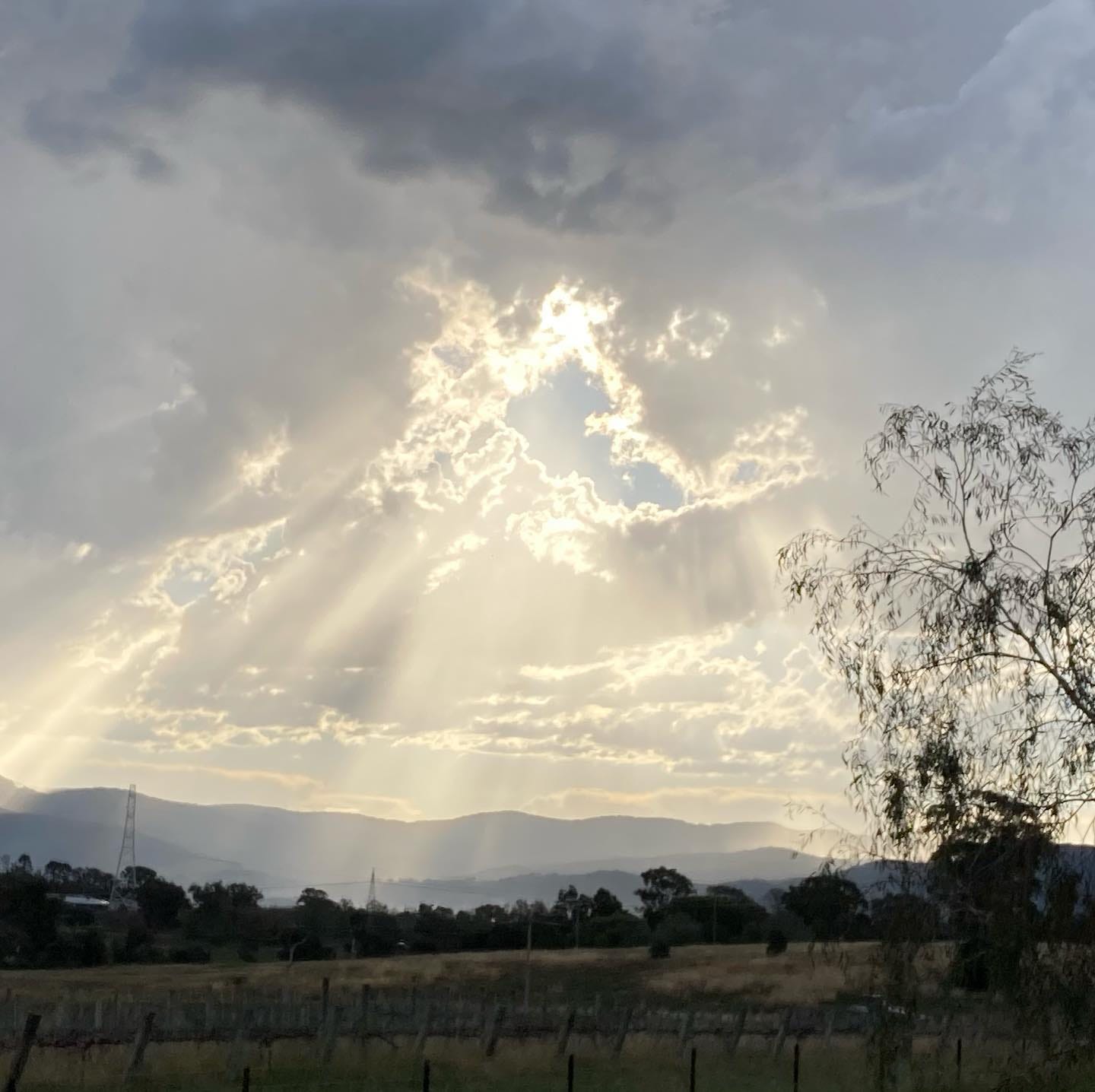Out through the window
This past week I had to return to working in the office full time, for the first time since last March. Boo hoo. As a deep introvert, who also likes morning runs, I was deeply appreciative, for the most part, of the opportunity to work from home and skip commuting. But I started reading The Rosemary Tree by Elizabeth Goudge on the bus home, and oh my, I love it so much already. In it there are folks who are my folks.
Elizabeth Goudge’s books, and indeed her life, are known for its mystical and supernatural elements - but I do not doubt that there are folks for whom the veil between this and the non-material world is thinner, or the curtain parts more often.
In this story there is a five-year-old child, Winkle, who goes on return visits to the country from whence she came. She tries to tell a sympathetic school mistress why she was hiding in a broom cupboard. There’s so much of die Sehnsucht here, and similarities to snippets of CS Lewis I have posted over the years.
“I wasn’t playing games," said Winkle. “I went out through the window to the country.”
“What country?” asked Mary.“
The country,” said Winkle. “You know.” …
“One goes back there,” she said, jogging Mary's memory.
Mary wrinkled her forehead, trying to remember. The shadow of a memory touched her, filling her with sadness, because she could not quite remember; the same sadness that came sometimes with the scent of violets on a cold spring evening, with birds’ voices, with the sound of rain on a roof in a summer dawn, with a thousand little things that touched you and stabbed you and were gone. A great symphony or a flaming sunset might fill you with intolerable longing, but it was the longing for something to come and had triumph in it. But this sadness was the ache for something that seemed lost.
The source …
The voice of the hidden waterfall
And the children in the apple-tree.
It seemed to her strange and wonderful that Winkle could find a blue window in this place that always felt to her so profoundly unclean.
“I expect you go back more often at home, Winkle,” she said.
“No, I go back more often here,” said Winkle.
Mary smiled. Why, yes, of course. The frontiers would move closer in a place like this. One was apt to forget that an increase of power upon the one side meant a corresponding increase of power upon the other. What waves of light there must be washing against all the dirty walls of all dark strongholds, what power, gentle, inexorable and undefeatable, an ocean of power and patience. If it was hard to abide its time it should not be hard to trust its power, and Mary’s heart sang within her.


